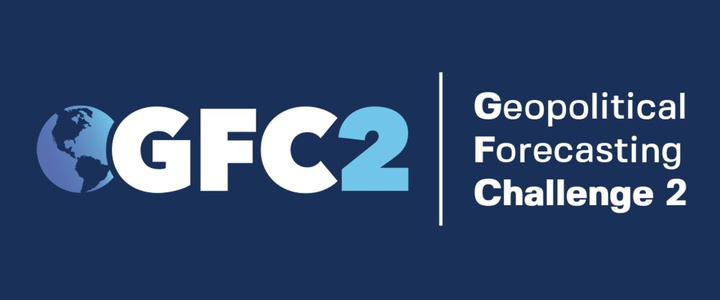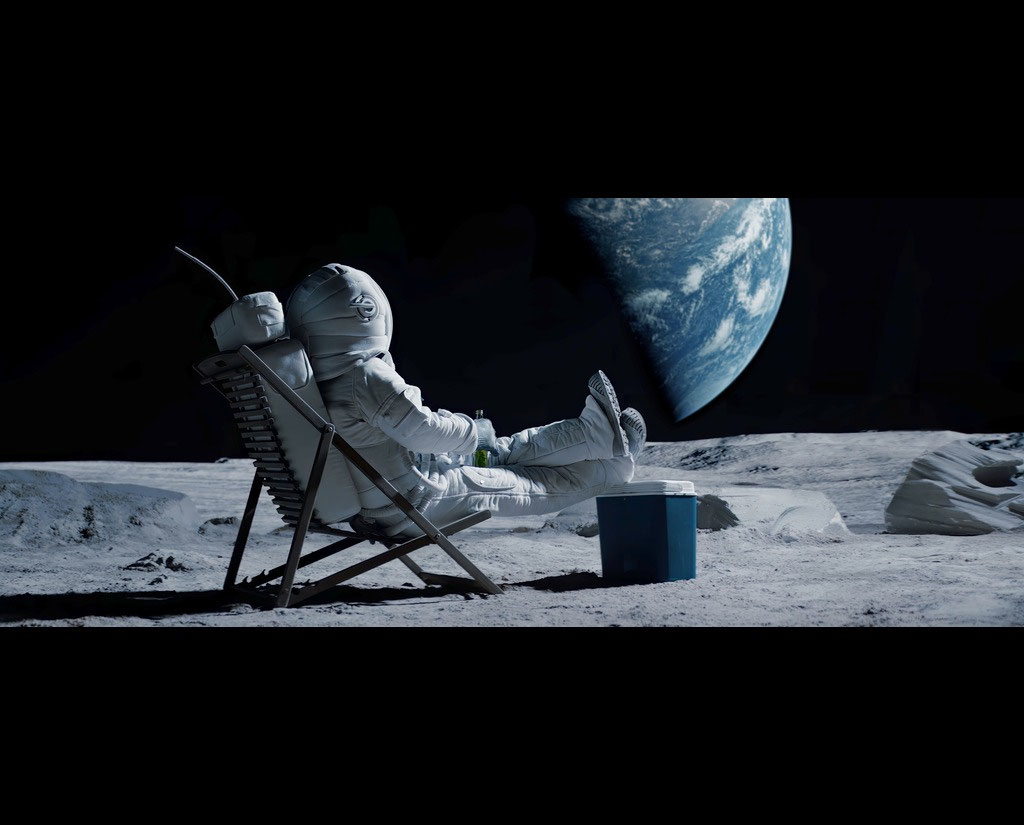
Last year, IARPA ran their Geopolitical Forecasting Challenge (GFC) to discover novel approaches to increase the accuracy and efficiency of forecasting geopolitical events. Nearly 800 individuals and teams signed up for the challenge, and five ended up being selected as winners. If you missed out last time, you’re in luck! In less than two weeks, you’ll have another chance to put your potential solutions to the test with the Geopolitical Forecasting Challenge 2 (GFC2)!
The overall goal of GFC2 is the same as GFC, but the events you will be forecasting will be different. Over the course of the next seven months, participants will attempt to generate answers for more than 300 questions. Here are a few sample forecasting questions:
- How many missile test events will North Korea conduct in August 2019?
- Will there be a locally-transmitted case of the Zika virus in Brazil in July 2019?
- What will be the daily closing price of gold on June 2019 in USD?
- Which political party will win the most seats during the Polish Parliamentary Election?
This challenge is open to everyone! From data and computer science pros to forecasting hobbyists, IARPA is seeking methods from a variety of areas of expertise. However, since the administration of the Challenge is automated and secured through an API, it is highly recommended that at least one team member has programming or developer skills.
Besides the potential to win one of the prizes from the $250,000 purse, there are more benefits to participating in the GFC2!
- You’ll have the opportunity to network with collaborators and experts to advance your research.
- Gain recognition for your work and your methods.
- Test your solution against state-of-the-art methods.
Interested? Don’t delay in signing up, the forecasting questions will begin on May 15th! Learn more and register here.








